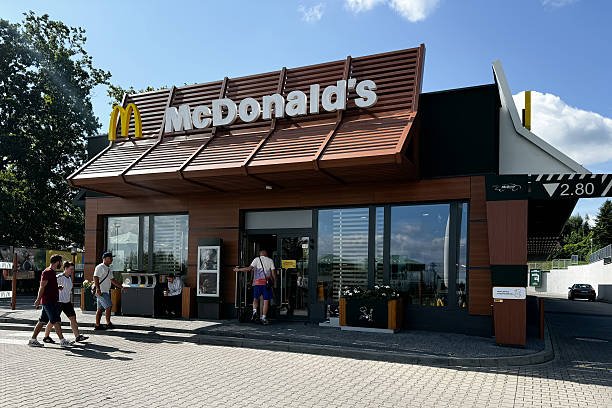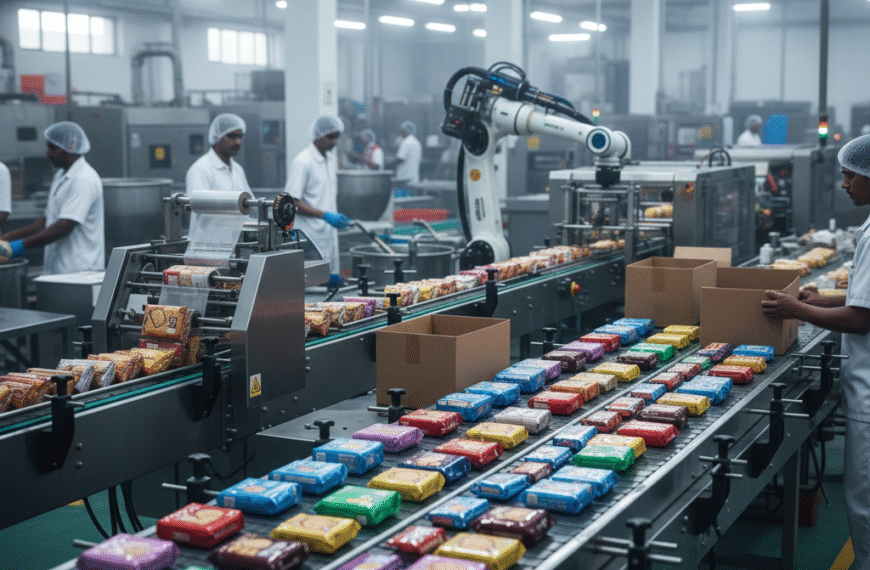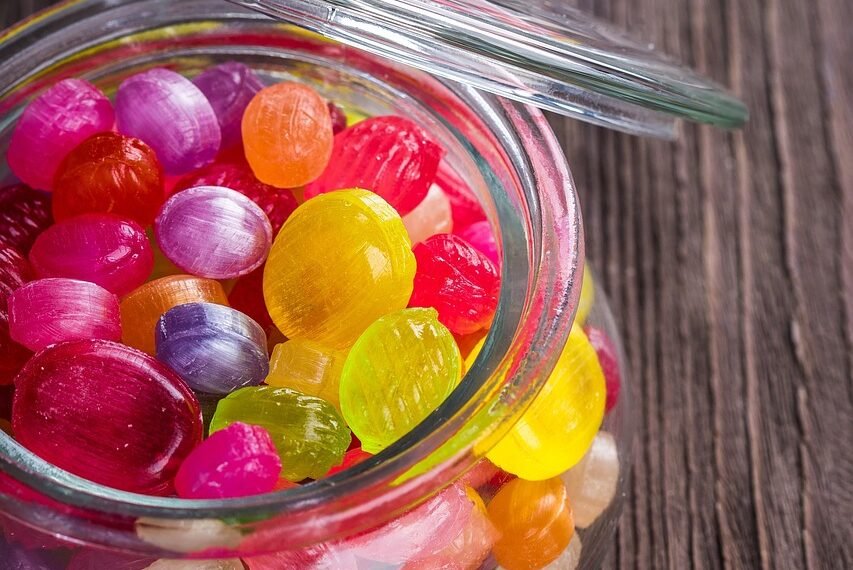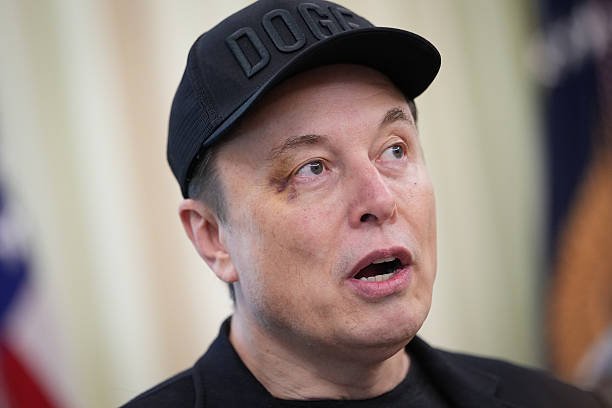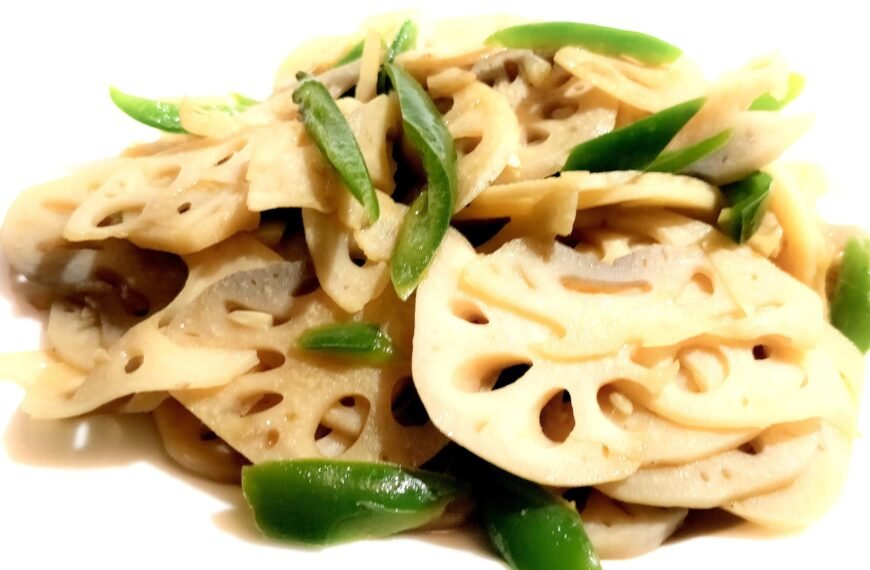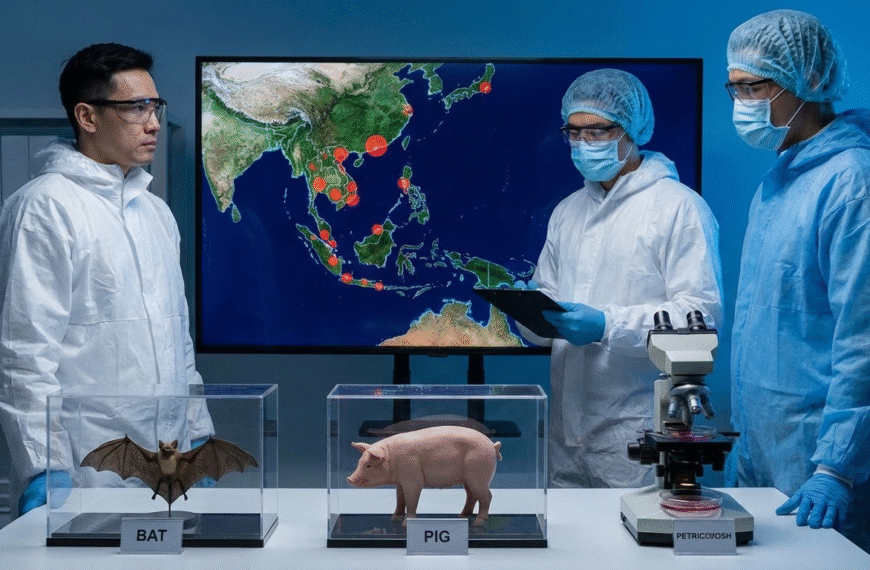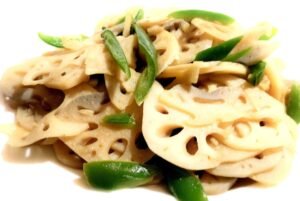McDonald’s Japan recently faced backlash after its Pokémon-themed Happy Meal promotion led to massive food waste and chaotic reselling. The fast-food chain had to cancel the campaign early, apologizing for the unexpected mess.
What Happened?
The promotion, called “Happy Sets” in Japan, included a toy and a Pokémon card—highly sought-after collectibles. However, instead of children enjoying the meals, adult resellers rushed to buy them, leaving behind piles of uneaten food outside restaurants. Reports say the Happy Meals sold out in just one day, with many buyers only interested in the Pokémon cards, which were later resold online for hundreds of dollars.
McDonald’s Response
McDonald’s Japan issued a statement, saying the situation went against their values of promoting family-friendly dining. They admitted their preparations were insufficient and promised to improve future campaigns by:
- Limiting purchases per customer
- Stopping online orders
- Refusing service to rule-breakers
The company emphasized that Happy Meals are meant to bring joy to families, not encourage wasteful behavior.
Why Were the Pokémon Cards So Popular?
Pokémon cards have a huge fanbase, with rare cards selling for thousands of dollars. McDonald’s Japan’s limited-edition cards became a hot commodity, leading to scalping and reselling. Unfortunately, this turned a fun kids’ promotion into a profit-driven frenzy.
What’s Next?
McDonald’s Japan is now rethinking its strategy to prevent similar issues. While Happy Meals have been a beloved tradition for over 40 years, this incident shows how collector demand can backfire. The company hopes to restore the campaign’s original purpose—making children smile.

